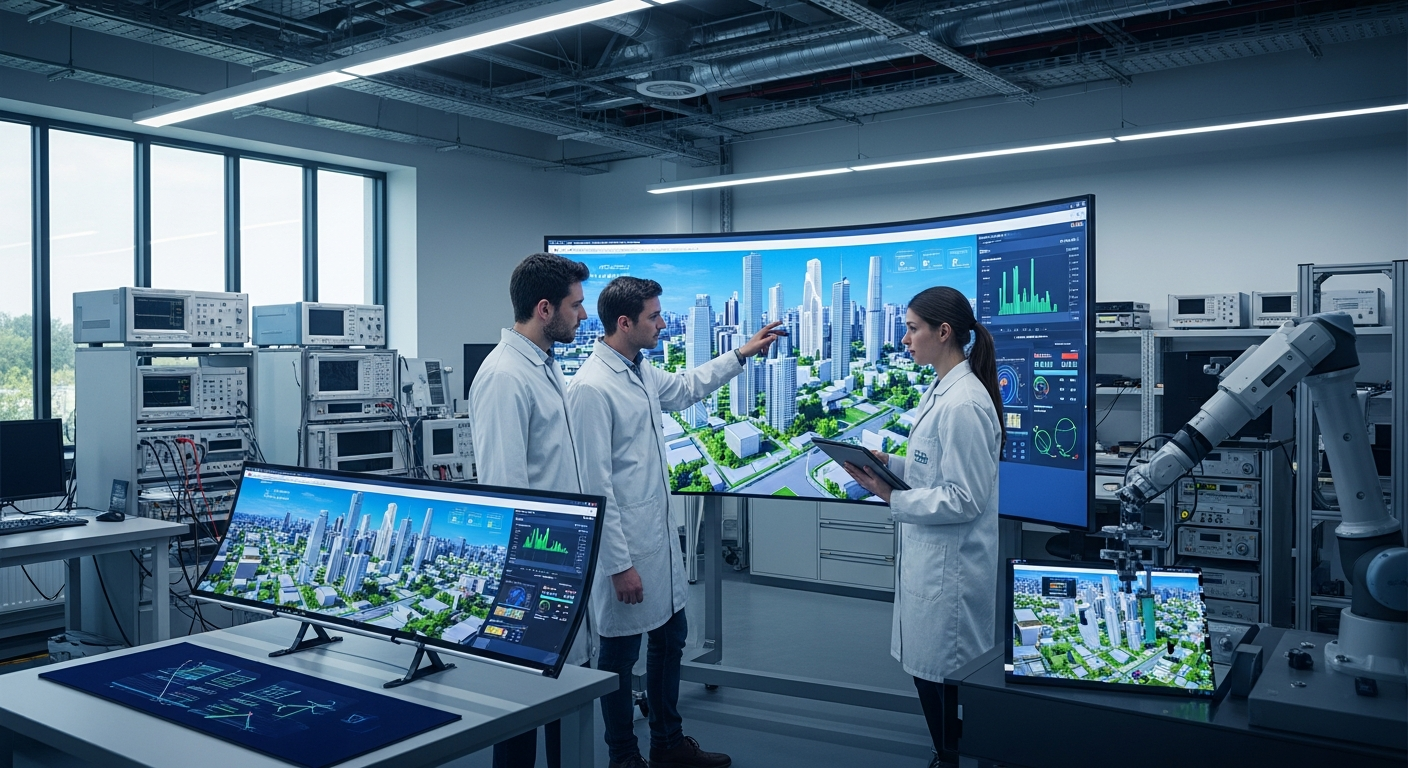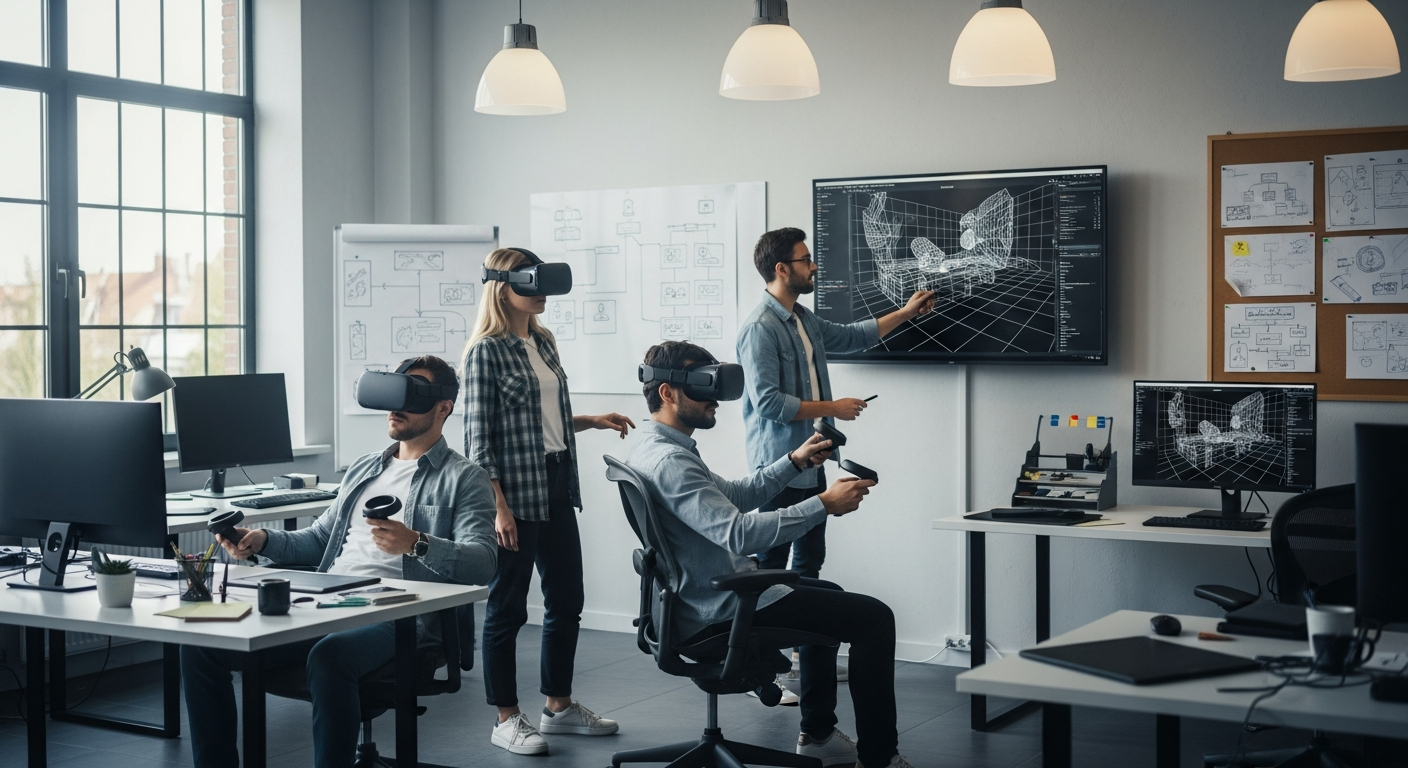Smart Cities and The Future of Telecommunications
A city, teeming with cars, people, buildings, and millions of digital devices. Can you imagine the amount of data generated? The concept of smart cities is no longer a distant future but an evolving reality. But how does the telecommunications industry adapt to this new digital landscape? Let's dive in.

The Dawn of Smart Cities
The concept of smart cities has been around since the early 21st century, gaining steam as urban areas grappled with rising populations, environmental concerns, and a growing reliance on technology. At heart, a smart city is a framework, chiefly informational, that seeks to optimize city functions and drive economic growth while enhancing quality of life for its citizens using smart technology and data analysis. The backbone of this structure, unsurprisingly, is the telecommunications industry.
The Role of Telecommunications
As cities become smarter, the need for robust, reliable, and advanced telecommunications networks becomes increasingly crucial. These networks serve as the foundation for various smart city applications, such as intelligent transportation systems, smart grids, e-governance services, and more. Telecommunications is the glue that holds together the various components of a smart city, enabling seamless connectivity and real-time data sharing.
The Challenges Ahead
Smart cities present numerous challenges to the telecommunications industry. These include but are not limited to, dealing with massive amounts of data, ensuring robust and reliable connectivity, managing security risks, and maintaining privacy. The industry must evolve and innovate to overcome these challenges, developing new technologies and strategies.
Innovation in Telecommunications
To keep pace with the demands of smart cities, the telecommunications industry has been investing heavily in research and development. Emerging technologies like Artificial Intelligence (AI), Machine Learning (ML), and Big Data analytics are being harnessed to manage the vast amounts of data generated by smart cities. These technologies can help to analyze data in real-time, make predictions, and automate various processes, improving efficiency and effectiveness.
The Future of Telecommunications in Smart Cities
As we move further into the 21st century, the role of telecommunications in smart cities will only continue to grow. The industry will need to continue innovating and adapting to meet the ever-evolving needs of smart cities. It’s an exciting time for the industry, filled with challenges and opportunities. As smart cities continue to evolve, so too will the telecommunications industry, forever shaping the way we live, work, and interact with our urban environments.
In conclusion, the advent of smart cities presents a new frontier for the telecommunications industry. It’s a challenging yet exciting journey, filled with opportunities for innovation and growth. By understanding the role and impact of telecommunications in smart cities, we can better prepare for the digital future ahead.






